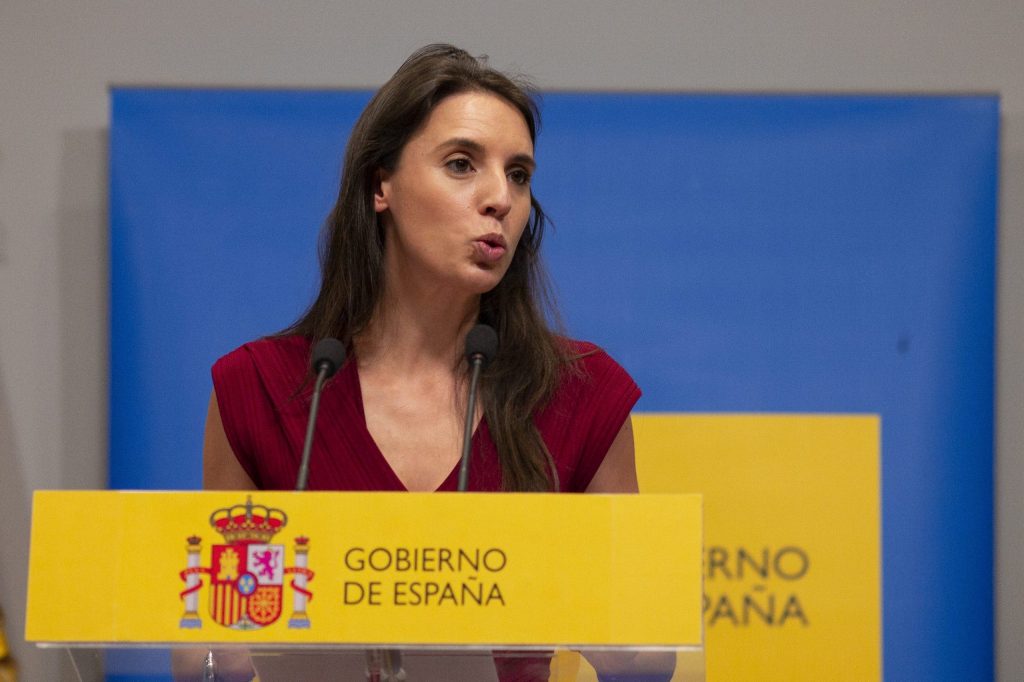
ONGOING divisions in Spain’s coalition government over a controversial law covering consent show no sign of healing. On Monday, the Socialist Party (PSOE) made clear it would not support planned amendments to sexual assault legislation from its junior coalition partner, Unidas Podemos.
The spokesperson for the PSOE’s federal executive committee, Pilar Alegria, said that the changes that have been presented by Unidas Podemos and other parties that support the government in Congress ‘do not solve the problem’ of reduced sentences for sex offenders.
The ‘Full Guarantee of Sexual Freedom Act’ was drafted by the Equality Ministry, which is run by leftist Unidas Podemos, and was aimed at ensuring that consent be given before sexual relations and that it cannot be assumed to have been granted either by default or with silence.
It came into force in October, but had the unexpected effect of allowing judges to either reduce the sentences of convicted sex offenders or even grant them early release. This was because under some aggravating circumstances, the minimum sentences were lowered by the ‘yes means yes’ act. Under Spanish law, these minimum sentences must be applied retroactively.
Since the scandal broke, Unidas Podemos has insisted that no changes are needed to the legislation and even went so far as to blame judges for not properly applying it. The Socialists, meanwhile, backed their coalition partner’s stance initially but as the political pressure grew, conceded that changes needed to be made.
In February, the PSOE unilaterally proposed a law that would avoid these sentence reductions. It is this legislation that Unidas Podemos wants to amend, proposing, among other changes, raising sentences for sexual assaults when there is violence.
Equality Minister Irene Montero of Podemos has called on the Socialists to reflect on the offer and to abandon its plan of changing the law via a deal with the main opposition Popular Party (PP).
On Monday, Pilar Alegria of the PSOE argued that by presenting its own amendments, Podemos was admitting that its own law was not perfect.
‘Undesired effects’
‘When you present amendments that is because you are admitting that there is a problem, that there is a mistake and that it needs to be changed,’ she said, in comments reported by news agency Europa Press.
‘The problem is that these amendments do not correct this mistake and of course they do not avoid these undesired effects,’ she added, in reference to the lowered sentences.
The issue is one in a long line of differences between the coalition partners, who may need to do a number of deals this year if they are to hang on to power. May will see local and regional elections across Spain, while a general election is due to be held in December. In many of these electoral races, the polls predict there will be no clear winner.
Read more:

